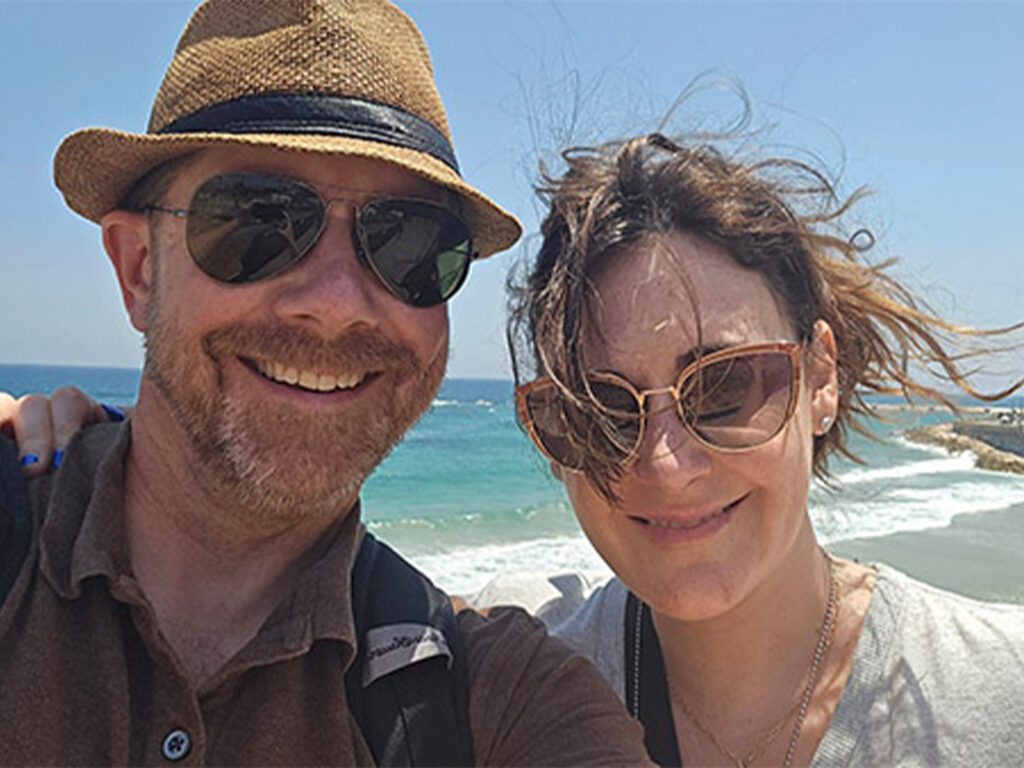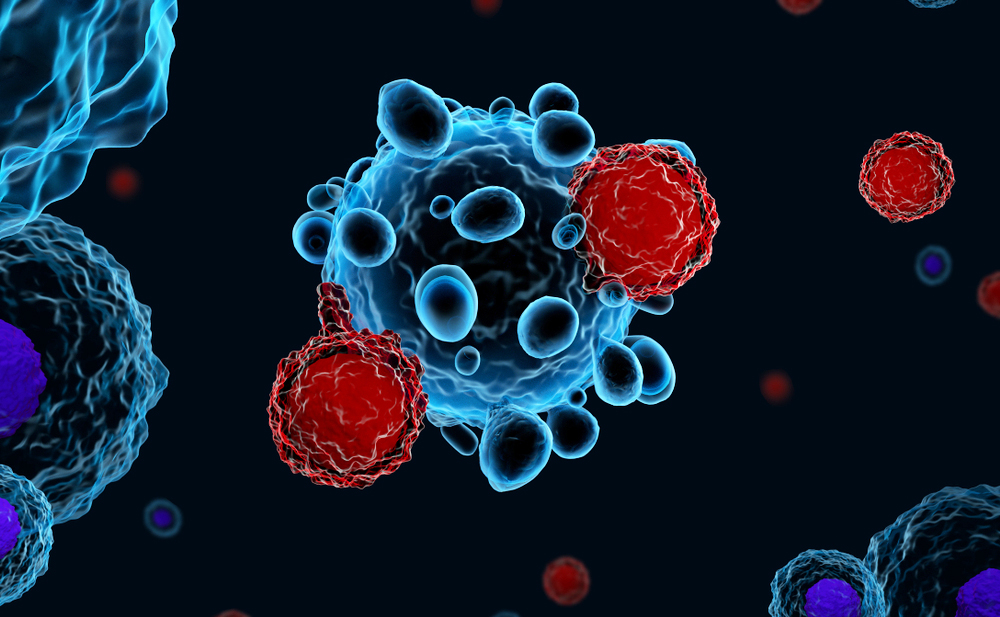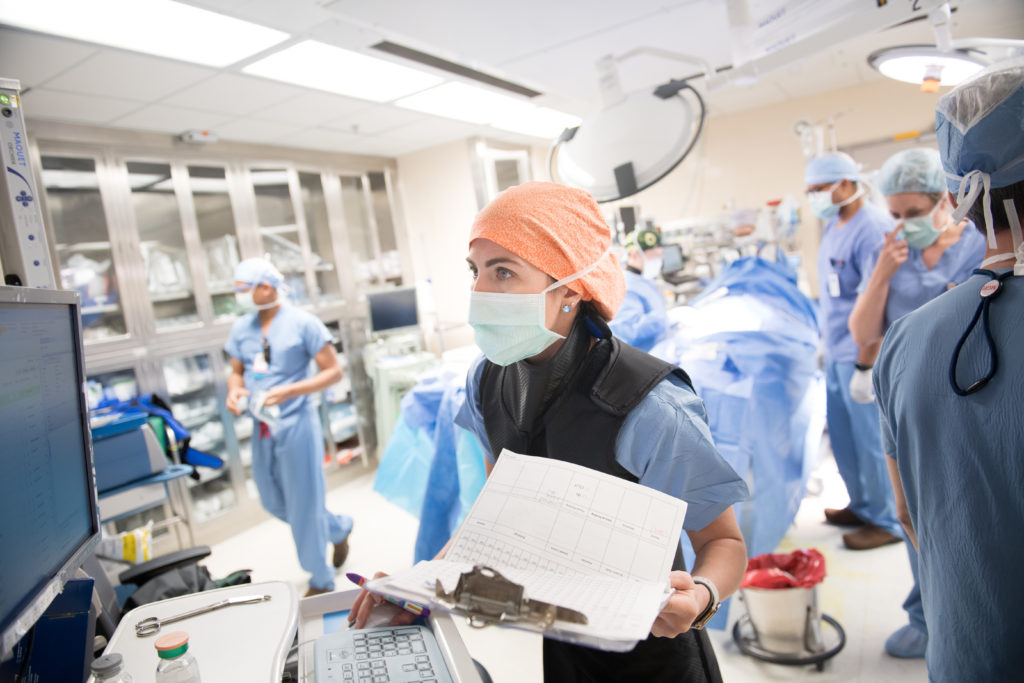
In a reversal of the traditional order of cancer treatment, patients are working hard to build physical fitness and improve nutrition before cancer surgery as part of a new pilot study at the Massachusetts General Hospital Cancer Center.
“Instead of rehabilitation, it’s prehabilitation,” says Motaz Qadan, MD, PhD, a liver and pancreatic surgical oncologist in the Department of Surgery who guides his cancer patients through a fitness and nutrition program for several months before surgery. By measuring their health and disease before, during, and after treatment, Dr. Qadan and colleagues hope to learn whether patients who improve their fitness and overall health before surgery have better short-term and long-term health afterwards. That includes how well their cancer is responding to treatment.
As part of the Mass General Cancer Center’s mission to deliver exceptional care based on leading-edge research, Dr. Qadan’s work has the potential to transform patient care by applying a decades-old strategy in a new way.
Preparing for Battle
“The concept of prehabilitation dates back to before World War II, when they were trying to prepare the troops physically and mentally for the possibility of war,” says Julie Silver, MD, an expert in rehabilitation medicine with Mass General who is working with Dr. Qadan on the pilot study.
“The six months before surgery are a perfect time to optimize patient health. We can help them feel stronger and better.”
Robert Borcher, 77, knows how to prepare for war. The 22-year Navy veteran was diagnosed last year by Dr. Qadan with locally advanced pancreas cancer. Facing months of chemotherapy and radiation treatment to shrink the cancer before surgery to remove it, he joined the prehabilitation program as a kind of boot camp to build his strength and stamina.
Only a snowstorm deterred him from driving twice a week to work out and consult with a nutritionist. “Believe me, there were times when I didn’t feel like doing it,” he says of his participation in the pilot program. “But the more demand I put on my body the better it reacts. When I leave physical therapy, I feel much better than when I got there.”
At home, walking every day and eating more protein and vegetables is part of his regimen. He and his wife like to eat kale so, “we go to a farmers market, buy kale and put it in soup,” he says.
Building Strength Before Cancer Surgery

Modern cancer care has changed from the time when the first step was usually surgery to remove a tumor, followed by chemotherapy or radiation. Now, thanks to groundbreaking work at Mass General and other hospitals, patients often undergo several months of chemotherapy and radiation to shrink a tumor before it is surgically removed. That’s where prehabilitation comes in.
“Those six months before surgery are a perfect time for us to optimize their health before surgery. We can help them feel stronger and better,” says Dr. Qadan, an enthusiastic advocate of healthy living who holds the Gapontsev Family Endowed Chair in Surgical Oncology. Radiation and chemotherapy can cause fatigue and reduce fitness. “Rather than letting people waste away before surgery, we build them up,” Dr. Qadan says.
Before and after surgery and treatment, researchers are running tests and taking surveys to track patients’ health status and measure the potential impact of prehabilitation. The many factors they track include pain, diet, fitness levels and bowel function. They also monitor how well the patient recovers from surgery, whether the surgeon was able to get clean margins around the tumor during surgery, and cancer outcomes like remission, recurrence and mortality.
Unique to this study is a sophisticated molecular and genetic analysis. “These patients may have changes in their tumors and immune system that result from their being healthier and more fit and eating better,” Dr. Qadan says. He and Naomi Sell, MD, a general surgery resident who is helping conduct the study, are collaborating with a Mass General laboratory looking for genetic changes that suggest exercise might be a way to modify the immune system to help fight cancer.
Patients Take Control
Best of all, Dr. Qadan says, fitness and nutrition get people actively engaged in their own care. “They can’t control cancer, but this is one thing they can control,” he says. “And the result will be improvement in quality of life and possibly cancer outcomes.” The pilot study includes only patients with pancreatic cancer. But with more funding, researchers can undertake larger studies with patients who have other forms of cancer too.
Mr. Borcher says the effort is paying off for him. Following surgery that included a stomach bypass, he is adjusting to new eating and food restrictions, but he is certain that building his physical fitness before the procedure helped him get back on his feet more quickly afterward. Just a week after surgery, he was pleased to say, “I walked 1,500 steps so far today.”
For more information about cancer prehabilitation, or to make a donation, please contact us.






